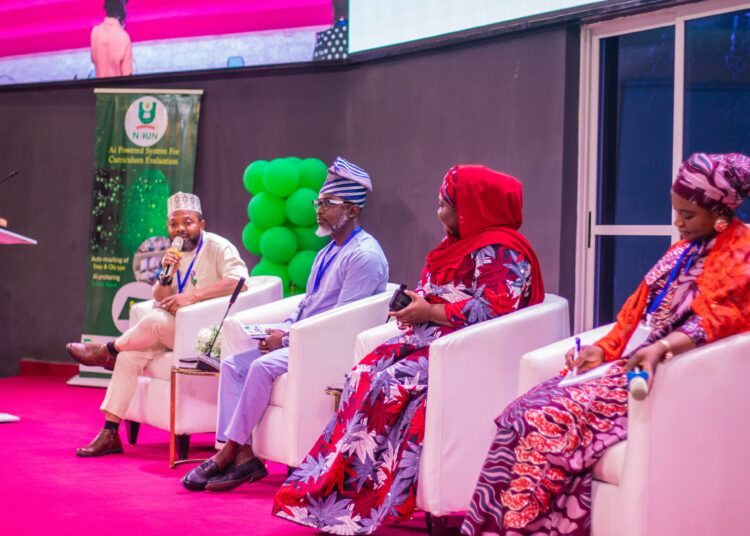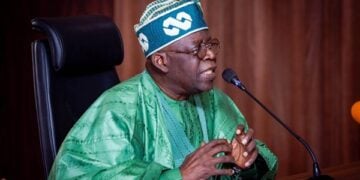Stakeholders in the educational sector have emphasised the urgent need for increased investment in digital literacy as a means of empowering individuals, transforming education and strengthening economies, particularly across Nigeria.
Trade ambassador, International Trade Facilitating Association (ITFA), Prince Collins Ezeiruaku gave the charge during the Digital Education Day 2025 held in Abuja yesterday.
The event, jointly organised by the Africa Centre of Excellence on Technology Enhanced Learning (ACETEL) and ITFA, drew participation from academia, policymakers, trade facilitators and development partners to speak on the theme,”Leveraging Technology for Inclusive Education”.
Ezeiruaku described the current era as a defining moment in history—one where technology, education, and trade intersect to reshape human advancement.
He stressed that education, particularly digital education, is not simply about acquiring knowledge but about fostering innovation and building the capacity to navigate a rapidly changing world.
“We are in a pivotal moment where technology is transforming industries, breaking down barriers, and creating new opportunities, but this revolution will only be meaningful if it is inclusive,”
Digital literacy is the cornerstone of this transformation. If we invest in education and embed technology across all facets of society, we empower generations to drive economies forward”, he said.
He highlighted global examples, such as Canadian companies delivering tech-enabled services across borders, and partnerships with institutions like the Stanislaus Institute, which provide entrepreneur-focused digital education to bridge the gap between knowledge and implementation.
Ezeiruaku advocated for policies that ensure accessibility and inclusivity, calling on governments, businesses, and institutions to prioritize digital infrastructure and literacy.
Earlier in his address, vice-chancellor, National Open University of Nigeria (NOUN), Professor Olufemi Peters reaffirmed the university’s commitment to using technology to drive inclusive education.
“Technology has broken barriers of distance and disadvantage, but we must do more to ensure that our innovations are inclusive and accessible,” he said.
Also speaking, centre leader of ACETEL, NOUN, Professor, Grace Jokthan, emphasised the importance of Digital Education Day as a platform to highlight gaps in digital access, particularly in rural communities.
“Digital literacy and infrastructure are the twin pillars we must build upon to create equitable access to education in Nigeria and beyond,” she said.
Several speakers collectively agreed that collaborative efforts, sustained investment and policy reform are critical to closing the digital divide and fostering a future where innovation and education uplift all of society.





